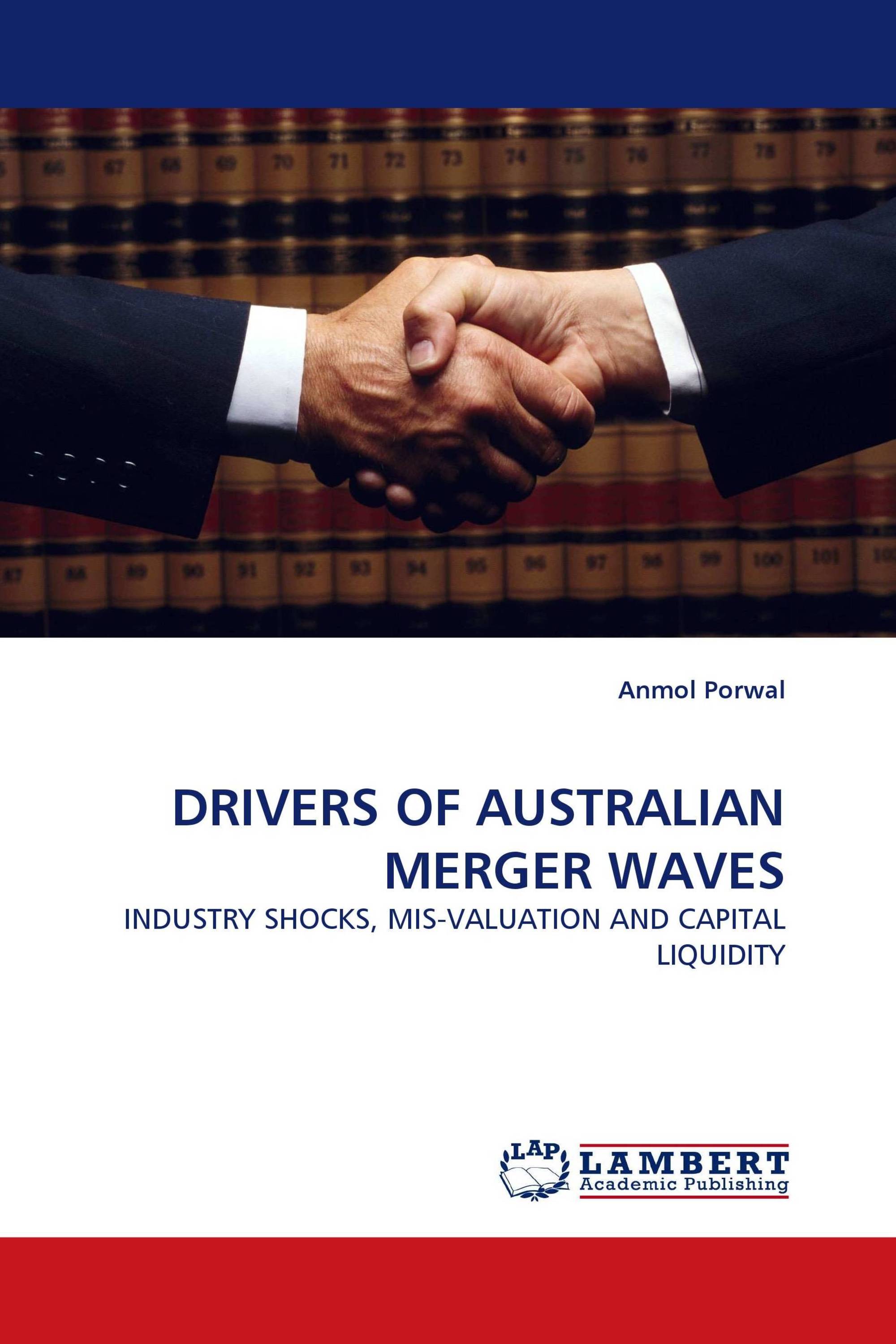DRIVERS OF AUSTRALIAN MERGER WAVES
INDUSTRY SHOCKS, MIS-VALUATION AND CAPITAL LIQUIDITY
LAP Lambert Academic Publishing ( 2010-04-14 )
€ 49,00
The purpose of this thesis is to test the extended industry shock hypothesis, which accounts for a macro-economic capital liquidity element, in determining the drivers of merger waves. Various theories have been extended by the literature and these are broadly classified under the neo-classical theory of merger waves and the behavioural theory of merger waves. Behavioural theories have explained merger waves by taking into account the psychology of stock markets and the occurrence of merger waves during a stock market boom. The industry shock hypothesis (a neo-classical theory) however, argues that merger waves are due to the clustering of industry shocks that affect an industry‟s operating environment. Along with this shock, the mis-valuation caused by a stock market boom increases asset values, thereby lowering transaction costs and hence increasing capital liquidity in the economy. This capital liquidity factor causes merger waves to cluster even if industry shocks do not.
Book Details: |
|
|
ISBN-13: |
978-3-8383-5742-3 |
|
ISBN-10: |
3838357426 |
|
EAN: |
9783838357423 |
|
Book language: |
English |
|
By (author) : |
Anmol Porwal |
|
Number of pages: |
116 |
|
Published on: |
2010-04-14 |
|
Category: |
Economics |




